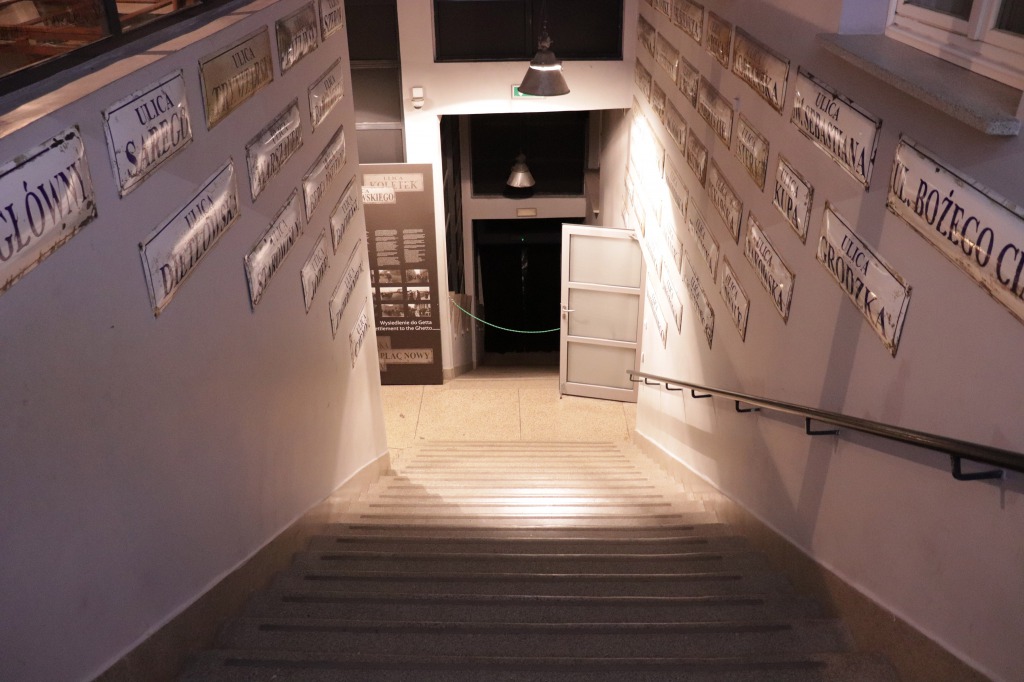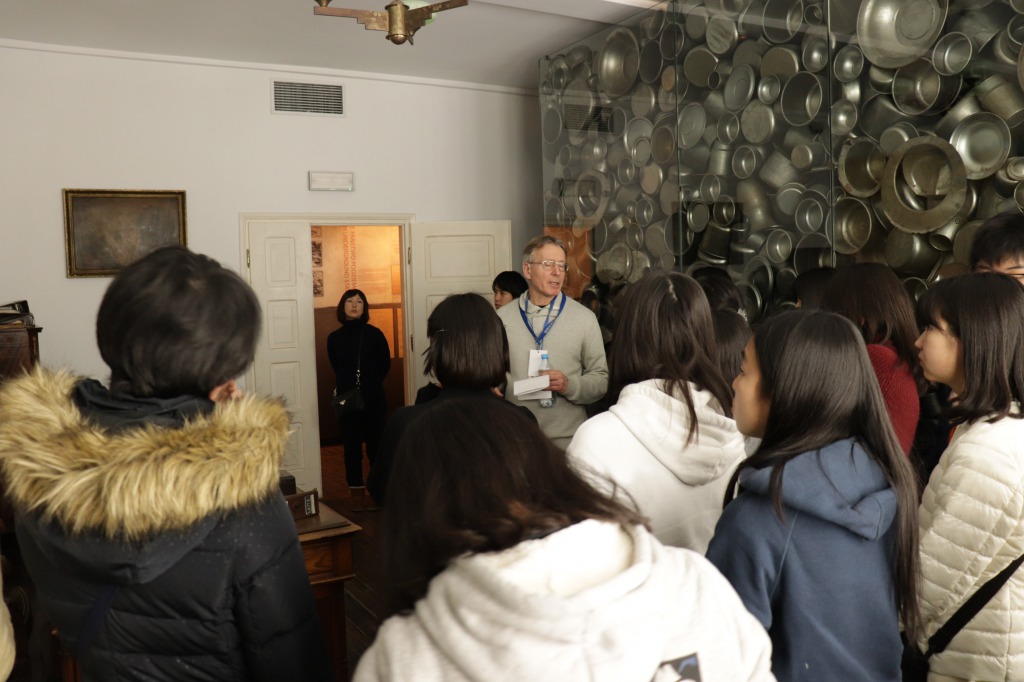European Studies is an overseas training program that is held every year, with the aim of nurturing the qualities of global leaders. This year, students visited international organizations and historical facilities in the Netherlands, Switzerland, and Poland from the 4th to 14th of January, 2018.
Participating students learned about the diverse culture and history of Europe and built an understanding of the relationships with foreign countries. They spent a meaningful time expanding their interests and developing a multifaceted vision of various problems in the world.

After a flight of 13 hours from Haneda to Frankfurt, they arrived in Amsterdam, the capital of the Netherlands, as their first place to visit. They spent the next 2 days visiting 4 training sites.
On the first day they visited the International Criminal Court(MICT) and the Japanese Embassy in the Netherlands.
In MICT, students learned about war crimes prosecuted by the court from the former Yugoslavia and Rwanda in English. They learned the necessity of listening skills and vocabulary skills to understand specialized contents.

In the afternoon, Mr. Mori and Mr. Somoto, clerks at the Embassy, gave students a lecture on the content of their work and the relationship between the Netherlands and Japan and explained its history.

The next day, they looked at the Netherlands from a cultural perspective. They saw Rembrandt and Vermeer’s masterpieces at the Amsterdam National Art Gallery and learned about Jewish customs at the Jewish History Museum before heading out to view some historic cityscapes. In Anne Frank’s house, they felt the importance of not forgetting the importance of enjoying life after witnessing the impact of being denied freedom.

The students felt the atmosphere and the weight of history by identifying with people who breathed in that place at that time.

At the next destination, Geneva in Switzerland, students listened to lectures at four international organizations in two days; the UN High Commission for Human Rights Office (OHCHR), the United Nations High Commissioner for Refugees (UNHCR), the International Labor Organization (ILO), and the International Red Cross.
While they gained knowledge of the activities and history of each institution, they learned about the current situations, prospects, and impact on Japanese society such as through declining birth rate and aging population and refugees. At the same time, they realized the importance of active interactions at the interactive lecture. They learned about the qualities needed to work in international organizations.


At the workshop they participated in after the lecture by at the International Red Cross, the ice breaker helped students understand that “the war requires law”. Through activities that classified the contents of international humanitarian law into three beliefs, they deepened their understanding further.


The last country they visited was Poland. After a three hour flight from Switzerland, the students got off the plane in the ancient capital of Krakow, which once prospered as the capital of the Kingdom of Poland. From there they visited the Auschwitz-Birkenau museum on the next day.


At the last place, the Auschwitz-Birkenau museum, they visited the facilities with the guidance of Mr. Tsuyoshi Nakatani, the first and only foreign official guide at the museum.
While walking through the two camps, the students though deeply about the question asked by Mr. Nakatani, such as “Why did such a tragedy occur in Germany which had such high cultural standards?”.
The tour of Birkenauau drove home the experience they had at Anne Frank’s house and their experiences converged to create a more total picture of the events.


Finally, they visited the Schindler enamel factory, the setting of the movie “Schindler’s List” which was based on the true story of a German businessman who saved many Jews from massacre by the Nazis.

From European Studies this time, each student could feel a “living knowledge”, which they gained from having actual experiences on site and by getting ‘real’ information.
Also, having opportunities to communicate in English in many ways, from daily exchanges to lectures in professional contexts also lead to increasing their motivation to “learn more English to gain deeper communication and knowledge”.




